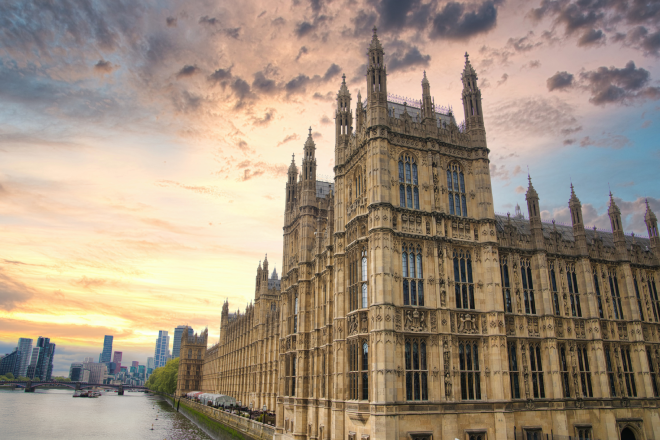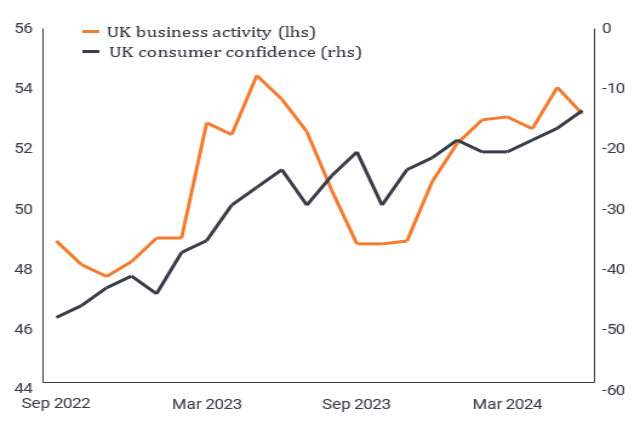
Sir Keir Starmer’s Labour party secured a significant majority in the UK election. This brings with it a sense of political stability, a focus on reinvigorating the economy and relaxing trade barriers with the European Union (EU), all of which could buoy investor sentiment towards UK equities.
‘Boring is good’
Since the Brexit vote in 2016, UK equities have de-rated relative to overseas peers as a result of political uncertainty. This election result, however, brings with it the potential for politics to “tread quieter” on the UK equity market, allowing investors to refocus on the positive attributes of many UK-listed businesses.
It also brings the potential for the UK to have fewer barriers to trade with the EU, while remaining outside of the trading bloc. Prior to the election, Starmer had pledged to “tear down unnecessary barriers to trade” with the EU in his party’s manifesto. Starmer, however, has been clear that his party is not looking to rejoin the EU, nor the bloc’s single market and customs union.
‘Square the circle’
Ahead of the election, the Labour party had been clear in its focus on reinvigorating UK economic growth as a way to “square the circle” of improved funding for public services while remaining within its borrowing commitments. This aligns the interests of the UK equity market and the incoming government.
Higher UK economic growth would be a “clear positive” for domestically-focused equities, as it would create the potential for higher sales and earnings growth. While Labour’s proposed supply-side reforms (measures to improve efficiency) are likely to take time to impact the economy, it could be the case that the incoming government is already inheriting an improved domestic backdrop, with the UK economy having already exited the shallow recession experienced in the second half of 2023.
Build back better?
An initial focus area for the incoming government seems to be housing, in particular a desire to increase the number of homes built per year. Many UK-listed businesses could see a positive impact were Labour to achieve these goals. For example, were Labour to achieve its housebuilding aims, building materials producers could see a meaningful pick-up in demand.
Labour’s policy for growth is centred on reforming industrial strategy and planning procedures, with the goal to tackle the fundamental issues plaguing the UK’s economy, notably the alarmingly low investment rates.
While past Conservative administrations have pinpointed the planning system as a barrier to economic progress, they struggled to navigate the deep-seated resistance. Labour’s significant majority gives it the means to implement this and other policies quickly.
The UK economy is already showing signs of improvement

Source: LSEG DataStream, Janus Henderson Investors Analysis, September 2022 to June 2024. Lines shown are the UK Flash Composite Purchasing Managers Index and the UK GFK Consumer Confidence Index.